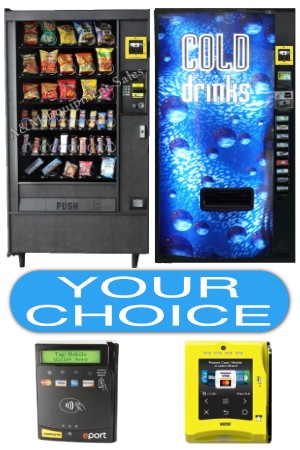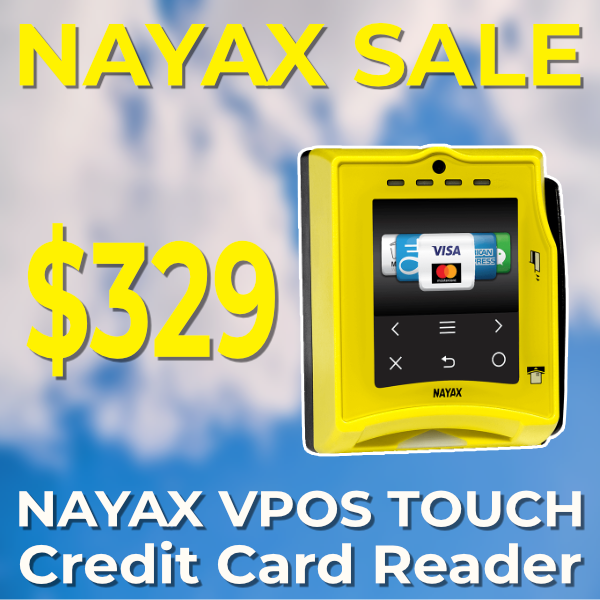Vending machine evaluation The valuation of vending machine equipment is based on several factors:
- Storage value
- Collector’s value
- Scrap value
- Parts value
- Operational value
- Market value
Vending machine evaluation In trying to value machines, each of these valuations is significant.
1.Vending machine evaluation Storage value: Machines in storage are generally considered liabilities, and they cost you money each month. Even if you store the machines in your garage, they’re taking space that could be used for something else (like your car), which leaves them a liability.
2.Vending machine evaluation Collector’s value: If you have an extremely old vending machine, you might have a piece of equipment that is collectable. The most notable examples are rounded top soda machines. These machines were made in the 1950s, and are examples of the initial entry into the cold drink vending era. They were usually purchased by bottling companies and painted with a brand of soda (Coke, Pepsi, Crush, etc.). They were usually single-selection (one flavor) and operated with primitive coin acceptance. Snack machines are much the same; they were usually a mechanical vend process with primitive coin acceptance. To be valuable, they need to be working and in pristine condition. Few of these machines still exist; just because a machine is old does not mean it is valuable.
3. Vending machine evaluation Scrap value: All old vending equipment has a scrap value, if nothing else. Scrap is the lowest value available and is calculated by weight. Because vending machines are generally made of steel, they’re heavy. The scrap value of steel fluctuates frequently, based on world demand. Scrap value is best figured by calling a local shredding facility that deals in scrap metal. Make sure to figure in the cost of transportation, as this figure can make it unprofitable to scrap machines. I personally use a local man who takes a truck and trailer load (pickup with a flatbed trailer) to the scrap yard; for his efforts, he keeps the revenue. Unless the value of steel is extremely high, we do not generate revenue from this process, but at no cost, we remove junk from our facility. We do not “junk” a machine until we have used all the available parts.
4. Vending machine evaluation Parts value: Old vending equipment also has salvage value in the form of parts. The cost of replacing individual parts from vending machines can often be recouped by scrapping parts from other machines. Replacement parts can be costly and requires time to obtain. If you have a compromised machine, the parts value can far exceed the machine value. Vend motors, compressors, switches, computer boards, changers, validators, spirals, coin chutes, glass, etc., are all available if you salvage the machine. Our company has purchased machines (usually one that’s been vandalized) intending to use it strictly for parts. Repair parts are immediately available at a reduced cost. For example, snack machines have 30 to 40 selections, which means 30 to 40 vend motors and spirals. New vend motors start at $10, spirals at $5 – so one machine yields $600 worth of motors and spirals. The glass is worth $50; trays are worth $15. Nuts, bolts, specialty parts have some value. Changers and validators are worth $50 each. If you have the need, the parts value can add up quickly.
5. Vending machine evaluation Operational value: Vending machines on location develop cash flow; they produce cash for your operation. The amount of cash generated depends upon the location, but if placed properly, one can expect positive cash flow from vending machines. The operational value is the amount of single net cash flow that can be generated by the vending machine in 9 months. Single net cash flow is the total revenue minus the cost of goods sold. Let’s do the math:
Account A: $400 per month gross sales $400.00
$50 Cost of goods sold (100% margin) $200.00 –
Single net cash flow $200.00 X
9 Months 9 =
Equipment Value $1,800.00
This formula is a quick guide to equipment placement. If you can accurately forecast your sales, you can determine how much to spend on equipment. Your goal should be to violate this formula by spending less on your equipment. This will make your accounts more profitable.
6. Vending machine evaluation Market value: Market value is the amount of money you will pay for a machine in the open market. Market value falls into two categories: new and used. New values for vending machines are determined by the manufacturer and sales organization. Like all value, the value of new vending machines depends on options, name brand, warranty, reliability, standardization, versatility, and so forth. Not all vending machines are created equal; some brands have features that are superior to others, and it is critical that the dealer stands behind that equipment and honors his warranties. Used equipment can be purchased several ways – through want ads, vending companies going out of business or updating equipment, and from dealers. Used values are determined by many of the same factors, but also include the seller’s motivation to move the equipment.
When choosing a vending machine dealer, remember that your dealer will become your unofficial partner in the vending machine business. A good dealer will have a solid business record (dealers that have run vending machine companies are preferred), should be honest, and have a list of satisfied (and dissatisfied) customers you can call. A quality dealer will carry several lines of new equipment and have a service and refurbishment department for used equipment. Most quality dealers offer several levels of refurbished used equipment to help you best meet your needs. They usually have some type of financing available, as well. Shop your rates and terms, because vending equipment is very difficult to finance; ask your accountant for your best finance solution. The dealer’s service staff should be available by telephone for quick suggestions on repair. They should have delivery services. Generally, a quality dealer has the ability to help you with all facets of your business and should be able to guide your decisions in an unbiased way. Of course this all comes with a cost: most quality dealers will be slightly more expensive than their competitors.
Keep in mind, though, that you don’t want to be “penny wise and pound foolish,” as the old saying goes. The added initial cost of your equipment will be overcome by the added service you will receive, and avoiding one simple mistake can generate thousands of dollars in added income. Use your dealer as a source of information and capitalize on that information. Vending machine evaluation More Vending Market Blogs FDA Requirements for Vending Machines: What You Need to Know



